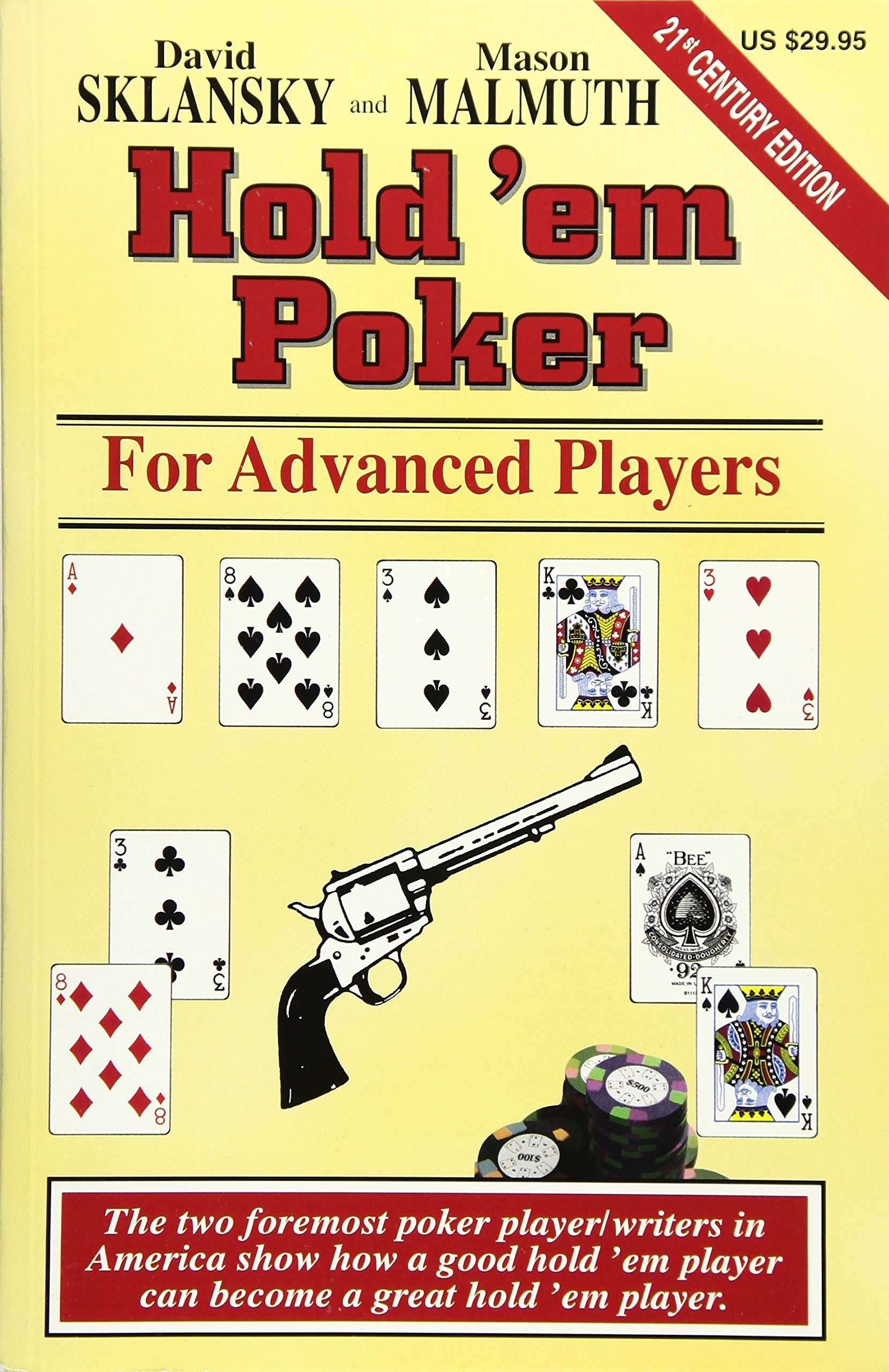Advanced Poker Theory
Advanced poker theory, tactics and psychology. Learn to master the game of poker with partypoker's advanced poker guides! PIO solver is one of the best poker tools to analyze game theory optimal strategy in heads-up play and probably is the most advanced one, thus it just has to make this list. You can see what hands to bet or to check in any given situation, how frequently you should do that or even recommended sizings based on your set-up. Poker Game Theory. Game theory, specifically for skill based casino games, is the advanced study of game playing strategies.The central idea is finding the best possible methods with which to defeat opponents.
A Texas Hold'em game from a player's point of view. (Courtesy of Peter Hopper on Flickr. License CC BY-NC.)
Advanced Blackjack Theory
Instructor(s)
Kevin Desmond

MIT Course Number
15.S50
As Taught In
January IAP 2015

Level
Graduate
Some Description | |
Instructor(s) | Prof. |
As Taught In | Spring 2002 |
Course Number | 2.24 |
Level | Undergraduate/Graduate |
Features | Lecture Notes, Student Work |
Welcome!
This is one of over 2,200 courses on OCW. Find materials for this course in the pages linked along the left.
MIT OpenCourseWare is a free & open publication of material from thousands of MIT courses, covering the entire MIT curriculum.
No enrollment or registration. Freely browse and use OCW materials at your own pace. There's no signup, and no start or end dates.
Advanced Poker Theory
Knowledge is your reward. Use OCW to guide your own life-long learning, or to teach others. We don't offer credit or certification for using OCW.
Made for sharing. Download files for later. Send to friends and colleagues. Modify, remix, and reuse (just remember to cite OCW as the source.)
Learn more at Get Started with MIT OpenCourseWare
Course Description

Course Features
Educator Features
Course Description
This course takes a broad-based look at poker theory and applications of poker analytics to investment management and trading.
This course is offered during the Independent Activities Period (IAP), which is a special 4-week term at MIT in January. IAP provides members of the MIT community including students, faculty, staff, and alums with an opportunity to organize, sponsor and participate in a wide variety of activities and topics that are often outside of the regular MIT curriculum.
Faculty Advisor: Paul Mende
Other Versions
Other OCW Versions
OCW has published multiple versions of this subject.
Related Content
Course Collections
See related courses in the following collections:
Find Courses by Topic
A Texas Hold'em game from a player's point of view. (Courtesy of Peter Hopper on Flickr. License CC BY-NC.)
Instructor(s)
Kevin Desmond
MIT Course Number
15.S50
As Taught In
January IAP 2015
Level
Graduate
Some Description | |
Instructor(s) | Prof. |
As Taught In | Spring 2002 |
Course Number | 2.24 |
Level | Undergraduate/Graduate |
Features | Lecture Notes, Student Work |

Welcome!
This is one of over 2,200 courses on OCW. Find materials for this course in the pages linked along the left.
MIT OpenCourseWare is a free & open publication of material from thousands of MIT courses, covering the entire MIT curriculum.
No enrollment or registration. Freely browse and use OCW materials at your own pace. There's no signup, and no start or end dates.
Knowledge is your reward. Use OCW to guide your own life-long learning, or to teach others. We don't offer credit or certification for using OCW.
Made for sharing. Download files for later. Send to friends and colleagues. Modify, remix, and reuse (just remember to cite OCW as the source.)
Learn more at Get Started with MIT OpenCourseWare
Course Description
Course Features
Educator Features
Course Description
This course takes a broad-based look at poker theory and applications of poker analytics to investment management and trading.
This course is offered during the Independent Activities Period (IAP), which is a special 4-week term at MIT in January. IAP provides members of the MIT community including students, faculty, staff, and alums with an opportunity to organize, sponsor and participate in a wide variety of activities and topics that are often outside of the regular MIT curriculum.
Faculty Advisor: Paul Mende
Other Versions
Other OCW Versions
OCW has published multiple versions of this subject.
Related Content
Course Collections
See related courses in the following collections: